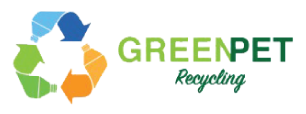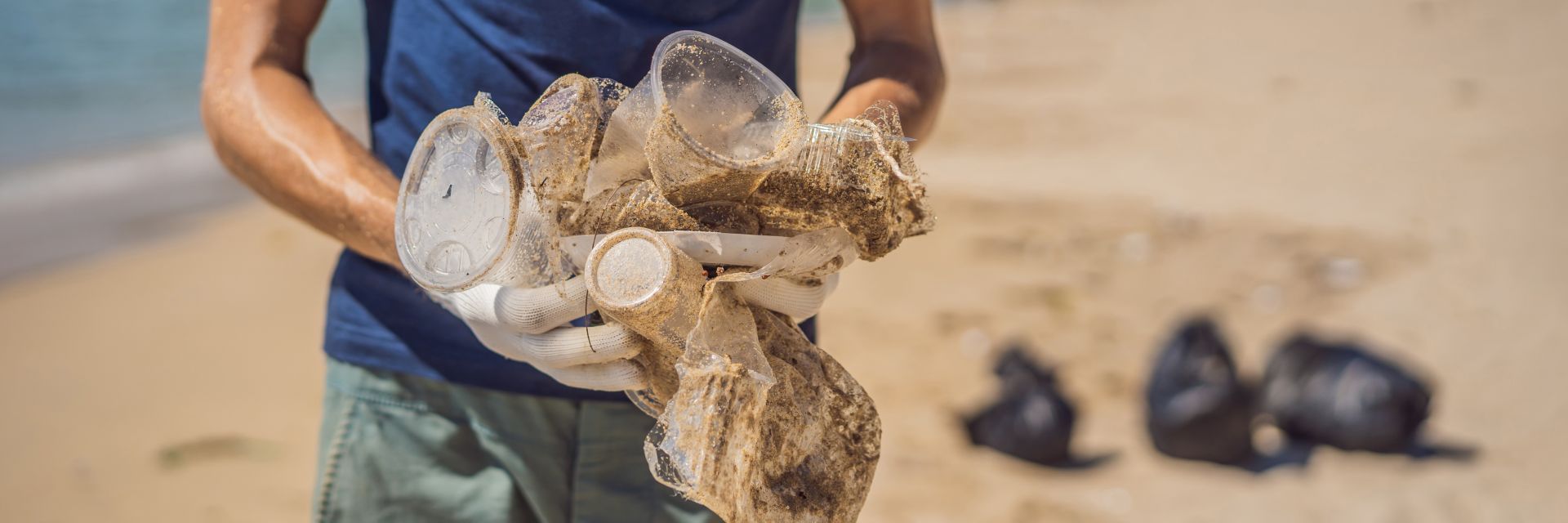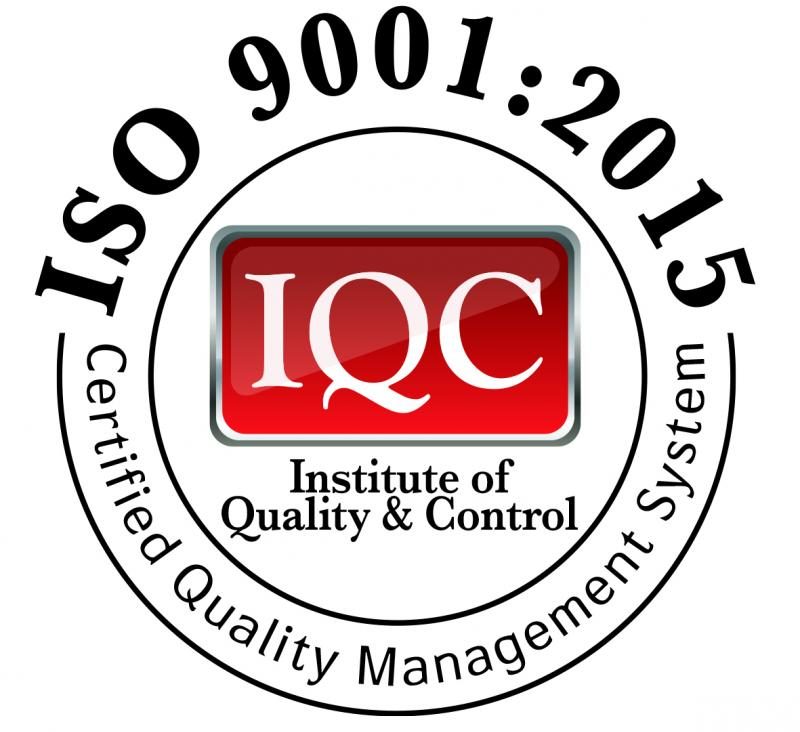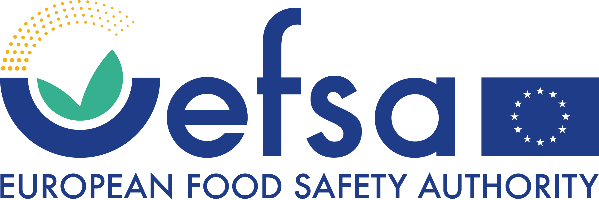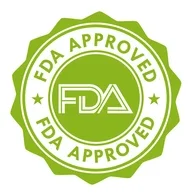Recycled materials are constantly taking their place at the forefront. Green PET Recycling promotes PET recycling in Israel, and indicates on the upcoming changes in the area of waste collection.
The global outlook on the use of recycled materials is undergoing a radical change. In the past, manufacturers used only tiny amounts of materials that were internally recycled within the factory, mainly to save money. However, this seems to have reversed by 180 degrees. Regulation, as well as awareness to the accumulation of plastic waste around the globe, have resulted in a trend to encourage, and even compel, the use of recycled materials. The need to recycle products at the end of their life cycle has become even more significant when China announced, several years ago, that it would stop accepting Western world waste. As a result, recycling plants, recovery stations and collection systems, along with educating consumers on domestic separation, are becoming increasingly important in our journey to promote recycling instead of landfilling, the formerly popular method for discarding waste.
Not Everything is Green
Yet, there is a downside. Manufacturers want to increase production volumes with recycled materials, but those are not available in sufficient quantity and especially not in the appropriate quality. Production with recycled materials, particularly those originating from PCR (products after consumer use) waste, is complex and requires advanced expertise and equipment. Recycled material is characterized by fluctuations and non-uniform quality, which makes increasing the scope of its use, difficult. Another barrier that discourages manufacturers from prioritizing the use of recycled raw material is its high process costs that can sometimes exceed that of virgin materials.
Regulation, Alongside Extended Manufacturer Responsibility
In the past, it was very difficult to obtain high-quality recycled raw materials in Israel, and manufacturers were forced to import them. About a year ago, Green PET Recycling was established. It recycles the following polymers: PET, HDPE, and LLDPE. A great example of an extended manufacturer’s responsibility is Jafora-Tabori – a soft drink manufacturer that consumes plastic for the production of containers and bottles. Being one of the partners in the recycling plant, it contributed to the founding of a recycling plant to secure high-quality recycled raw material for the production of its variety of products.
The State also takes part in encouraging recycling through regulation. A few years ago, the Deposit Law on Beverage Containers was announced, encouraging the collection and returning of used PET bottles of up to 1.5 liters to the supermarkets. Thanks to this law, 77% of the small bottles are being collected and recycled, and used as a premium source for recycling.
The Deposit Law on Large Bottles
The waste stream originating in small PET bottles was not sufficient to secure enough quality recycled raw material. Therefore, to the delight of recyclers, a decision was made, to extend the Deposit Law to large bottles as well, as of the end of 2021. Large bottles constitute a much greater mass than small ones.
Today, most of the large bottle collection is being done voluntarily in recycling bins that are scattered throughout Israel. Only about 40% of the large bottles are collected, while people also throw in these bins other containers that are mainly made of polyolefins. The extended Deposit Law will ensure a regular high-quality supply of PET bottles to cover Israeli manufacturers’ consumption of recycled raw material and will dispose of the dependency on imported recycled raw material.
The Arms Race for the Collection of PET Bottles
Israel is now on the fast track towards finding the best bottle collection system which will ensure efficiency while maintaining convenience for individual consumers. Retail chains and the Ministry of Environmental Protection are now examining several pilot projects to find the best collection technology. Another aspect that required attention is the convenience of collection, with the goal being making the bottles collection accessible to the consumer, while keeping the process of bottles deposit and transfer to recycling as brief as possible.
Bye-Bye Recycling Bins, Hello Orange Bin
The familiar cage-like recycling bins will go out of use within the next few months. The large PET bottles, that took up most of their space, will be now collected through another method. They will be devoid of waste and become redundant. Municipal leaderships are also eager to remove them from the public domain, as they are a sanitary hazard. Now, the Orange Bin is about to become the answer for the collection of all containers and packaging. It is necessary, alongside the encouraging PET-related legislation, to consider increasing the availability of Orange Bins across the entire country, in order to provide an appropriate solution for other important recycling streams, in addition to the PET stream.
